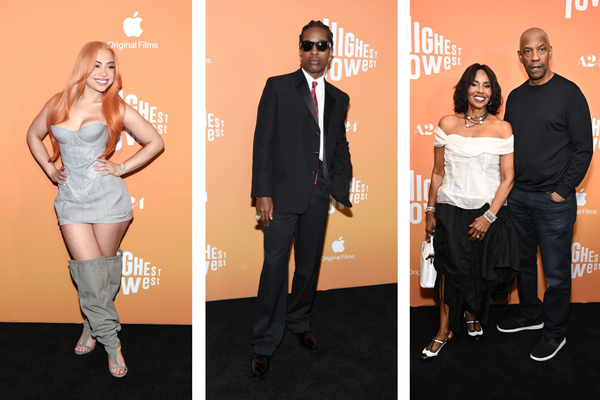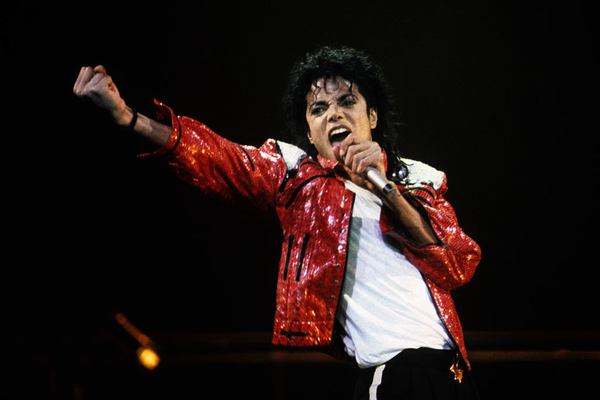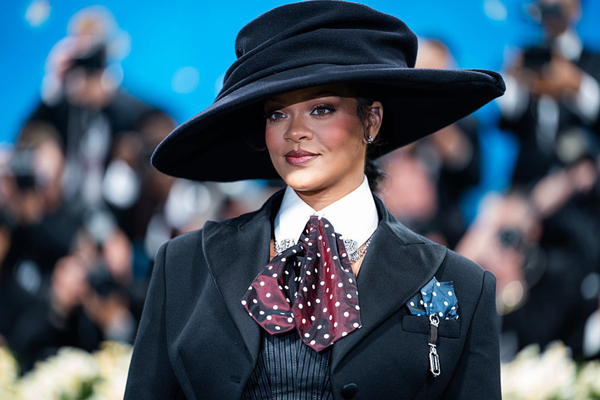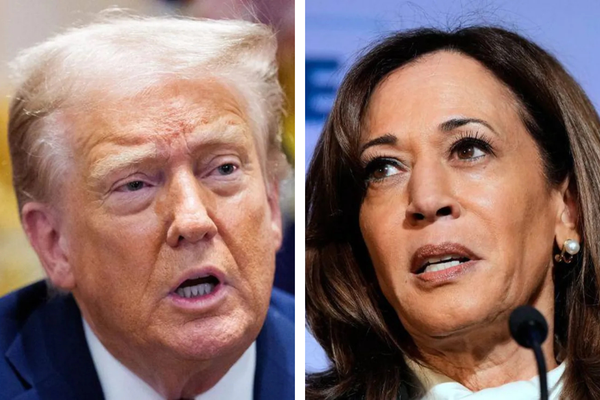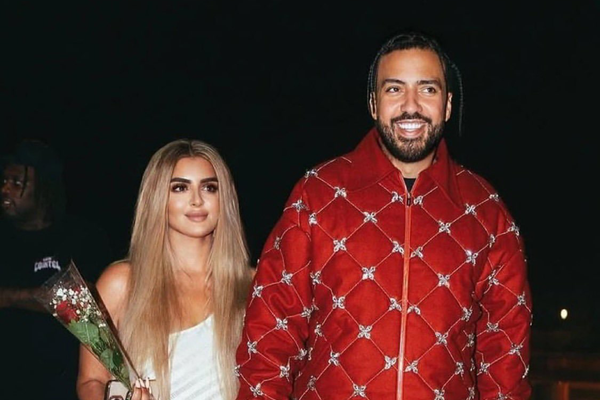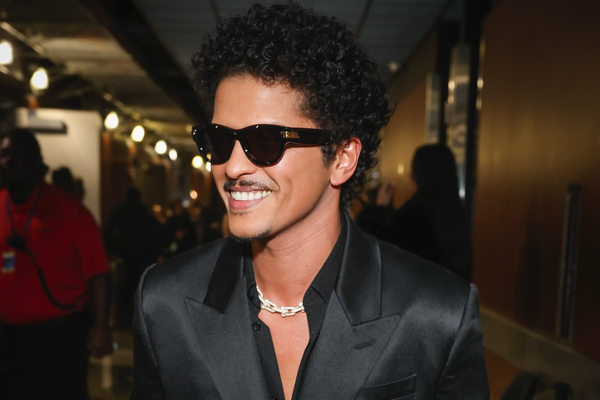
Bruno Mars Sees “Die With a Smile” Reach A Major Landmark
Bruno Mars claims two hit songs in the United Kingdom this week, as a pair of his 2024 collaborations with two of the most successful women in the global music industry — Rosé and Lady Gaga — find space on the Official Singles chart. His throwback duet with Gaga, “Die With a Smile,” reaches a landmark as it refuses to budge and once again ranks as one of the most successful tracks in the country. “Die With a Smile” Holds as it Reaches One Year “Die With a Smile” is steady at No. 54 on the Off
O A



